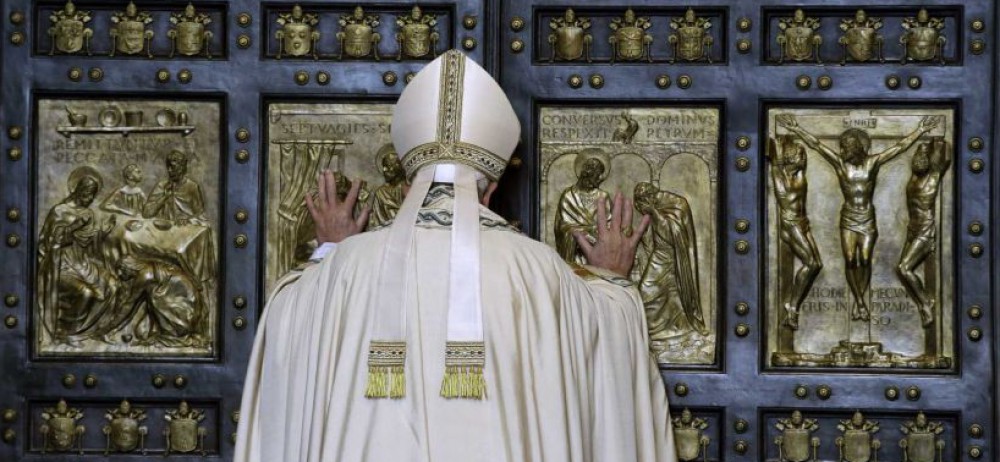Tuesday Fifteenth Week of Ordinary Time
Isaiah 7:1-9
Matthew 11: 20-24
This week we are having VBS, and the children of the parish, and surrounding area are here to learn about Christ. It is summer vacation, yet these kids are opening themselves up to God’s calling them to holiness and faithfulness. Our readings help us to return to the Lord, and do all we can to follow the Lord’s will.
In our first reading, what is going on is the Assyrians are a powerful nation, and they have been conquering all the surrounding countries around Israel. The Northern Kingdoms have banded together to form a coalition but in the Southern Kingdom with King Ahaz wants to form an alliance with the Assyrians, which would mean worshiping their pagan gods. Isaiah is encouraging King Ahaz to have courage, and to be strong in faith and God will protect his people. Unfortunately, King Ahaz will not listen.
In our Gospel, Jesus is denouncing the three towns, of Chorazin, Bethsaida, and Capernaum. These three towns are located just north of the Sea of Galilee, where Jesus did most of his ministries. Jesus is reminding them of all the things he has done in their midst, and yet they have failed to believe in him.
Jesus is calling out to us, and are we willing to listen to his voice. He has done great things in our lives, have we forgotten his goodness, and gone on our way? Even on a good day of faith, we could do more. When much has been given much is expected. The Eucharist is given to us, so our heart will be full for the Lord today.
